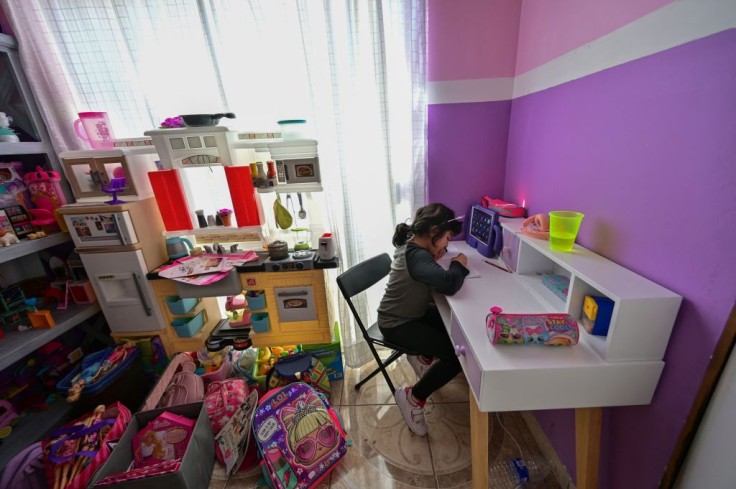
Children in U.S. schools that mostly focused on remote learning during the pandemic lockdowns struggled with their progress in math compared to students that had opportunities to attend face-to-face classes, a new Harvard study has concluded.
Prof. Thomas Kane of the Harvard's Center for Education Policy Research said that American students, in general, showed a significant decrease in their academics because of the pandemic disruptions. These disruptions further highlighted the widening gap between the students based on their economic status and race.
Kane said their study estimated that students in districts with high poverty lost at least six months of substantial learning if the school's primary method of instruction was through online video classes. While the students' math scores dipped the most, the kids also exhibited slower progress in their reading skills and development, per the Harvard Gazette.
Schools in Texas and Florida Fared Better
The Harvard study looked into the progress of 2.1 million students across 49 states from 2020 to 2021. The results showed, however, that math achievements in schools in Texas and Florida were not as wide as in other areas since they had mostly retained their in-person instructions despite the pandemic.
The professor acknowledged that many schools weighed the benefits and fallbacks of in-person classes versus remote learning. It should be recalled that in the middle of the pandemic, Republican states like Texas and Florida went ahead and resumed in-person classes against the advice of public health experts.
Yet about 30 percent of American students were left to follow remote learning for four months. Now, Kane can confirm that the cost and the difference in the gaps are quite large, per the Daily Mail.
The study also emphasized that there will be a ripple effect to this problem. Beyond the academic achievements, kids who lost classroom instructions for four to six months in the pandemic, particularly in disadvantaged communities, would likely struggle with graduating high school or achieving good scores in their college entrance exams.
The Harvard study further stated that this will also translate to the average earnings of the kids once they start their careers after school. The experts estimated that this batch of students exposed to remote learning will see a five percent decline in their wages.
"It's pretty clear that remote school was not good for learning," said academic researcher, Emily Oster, via the New York Times. Matthew Chingos, another academic expert with the Urban Institute, concluded that students learned a lot less during remote sessions than in face-to-face classes.
What Must be Done to Help The Kids?
To move forward from this problem, Kane said that the federal government should divert funds that will help students make up for the losses. Otherwise, this impact will bear permanent and more detrimental results.
While Kane is aware that the 2021 American Rescue Plan had $190 million set aside for education, this isn't necessarily going to fund academic programs thus he suggested that the federal government reconsider better use of funding to improve school instruction. The professor also said that it's time school districts lay out a recovery plan and engage the school board, parents and business leaders.
Related Article: Parents Sinking in Debt on School Supplies Despite Two Child Tax Credit Payments: Survey